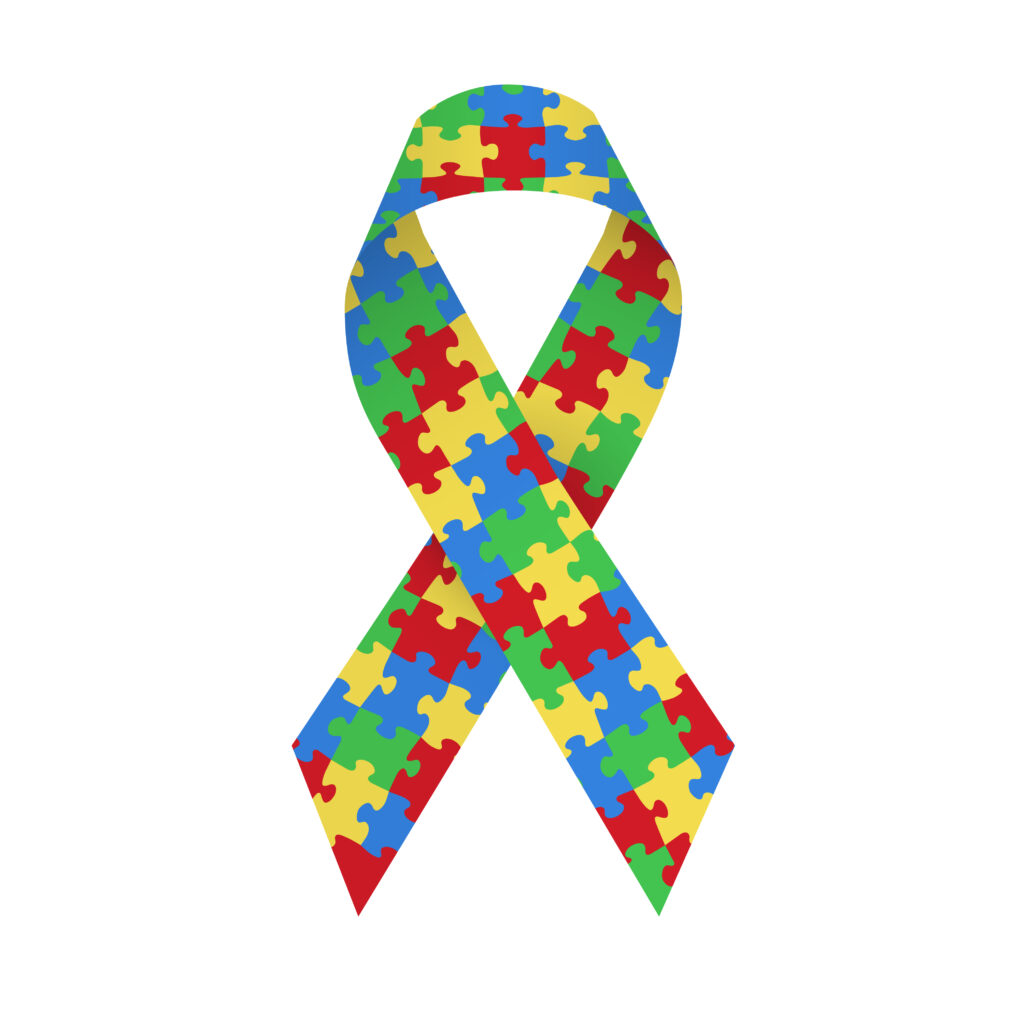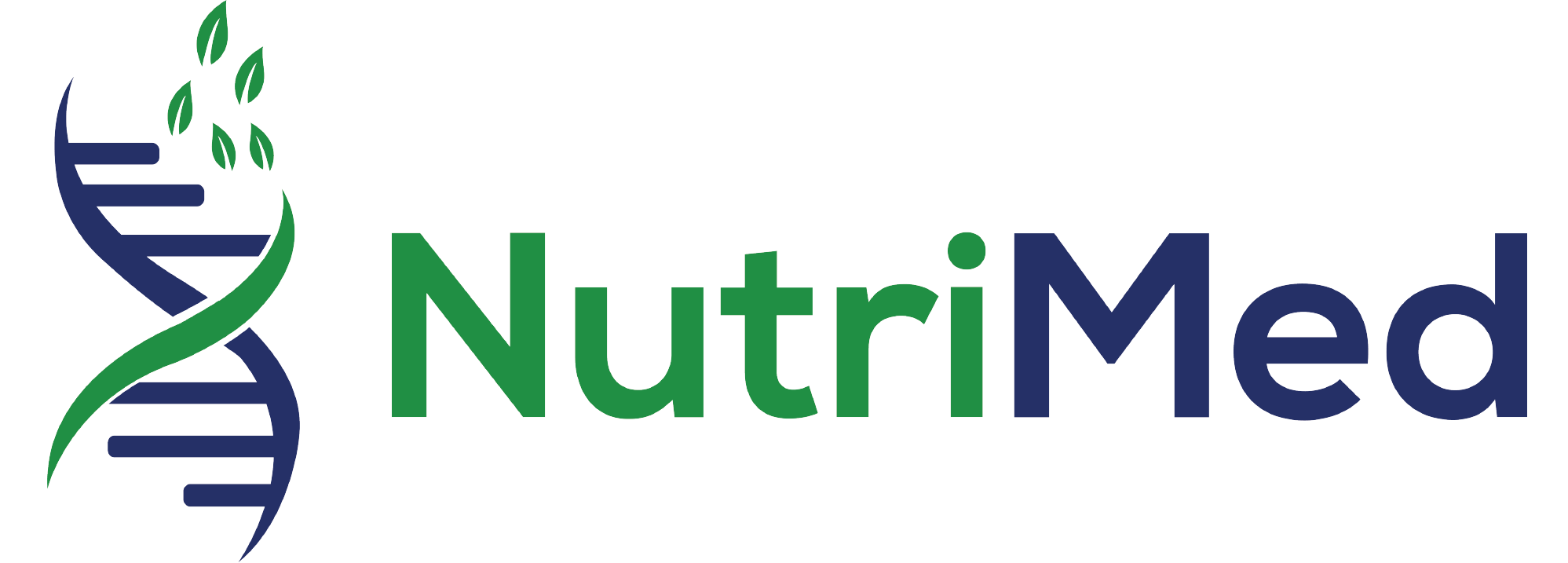
Understanding Autism Spectrum Disorder
Autism is a complex and diverse condition, with a wide range of symptoms and severity levels. It’s often referred to as a spectrum because of the variations in how it manifests in different individuals. Some common characteristics of ASD include challenges in communication (verbal and nonverbal), diffi
The Importance of Early Diagnosis

Optimal Brain Development: Early childhood is a critical period for brain development. By diagnosing autism early, interventions can be initiated during this plasticity window, when the brain is most receptive to change. This can lead to more significant improvements in social, communication, and cognitive skills.
Tailored Interventions: Early diagnosis allows for individualized interventions that are tailored to the child’s specific needs and strengths. These interventions can include speech therapy, occupational therapy, applied behavior analysis (ABA), and more. Customized approaches increase the likelihood of positive outcomes.
Improved Communication Skills: Children with autism often struggle with communication. Early interventions can provide strategies and tools to enhance communication skills, which can significantly reduce frustration and improve their ability to express needs and emotions.
Enhanced Social Interaction: Social challenges are a hallmark of autism. Early interventions target these challenges by teaching social skills, such as understanding facial expressions, taking turns, and making eye contact. These skills are vital for forming meaningful relationships later in life.
Reduced Behavioral Issues: Repetitive behaviors and sensory sensitivities can lead to behavioral difficulties. Early interventions help individuals learn how to manage these behaviors, reducing stress and promoting emotional regulation.
Support for Families: An early diagnosis provides families with a clear understanding of their child’s needs. It equips parents and caregivers with the knowledge and tools to create a supportive environment, decreasing stress and promoting the child’s well-being.
Challenges in Early Diagnosis
Diverse Presentation: Autism presents differently in each individual. Some children show signs early on, while others might develop typically and then regress. This diversity can make diagnosis challenging.
Lack of Awareness: Many parents and even healthcare professionals might not be familiar with the early signs of autism. Raising awareness about these signs is crucial to ensure timely diagnosis.
Waiting Lists and Access: In some cases, there might be waiting lists for diagnostic assessments, delaying crucial intervention. Ensuring timely access to diagnosis and intervention services is essential.

Conclusion
Early diagnosis of autism significantly impacts the lives of individuals on the spectrum and their families. It opens doors to timely interventions that can improve communication, social skills, and overall quality of life. As a society, we must work to raise awareness about the early signs of autism, reduce barriers to diagnosis, and provide comprehensive support systems. By investing in early diagnosis, we can create a brighter future for individuals with autism, empowering them to reach their full potential.
